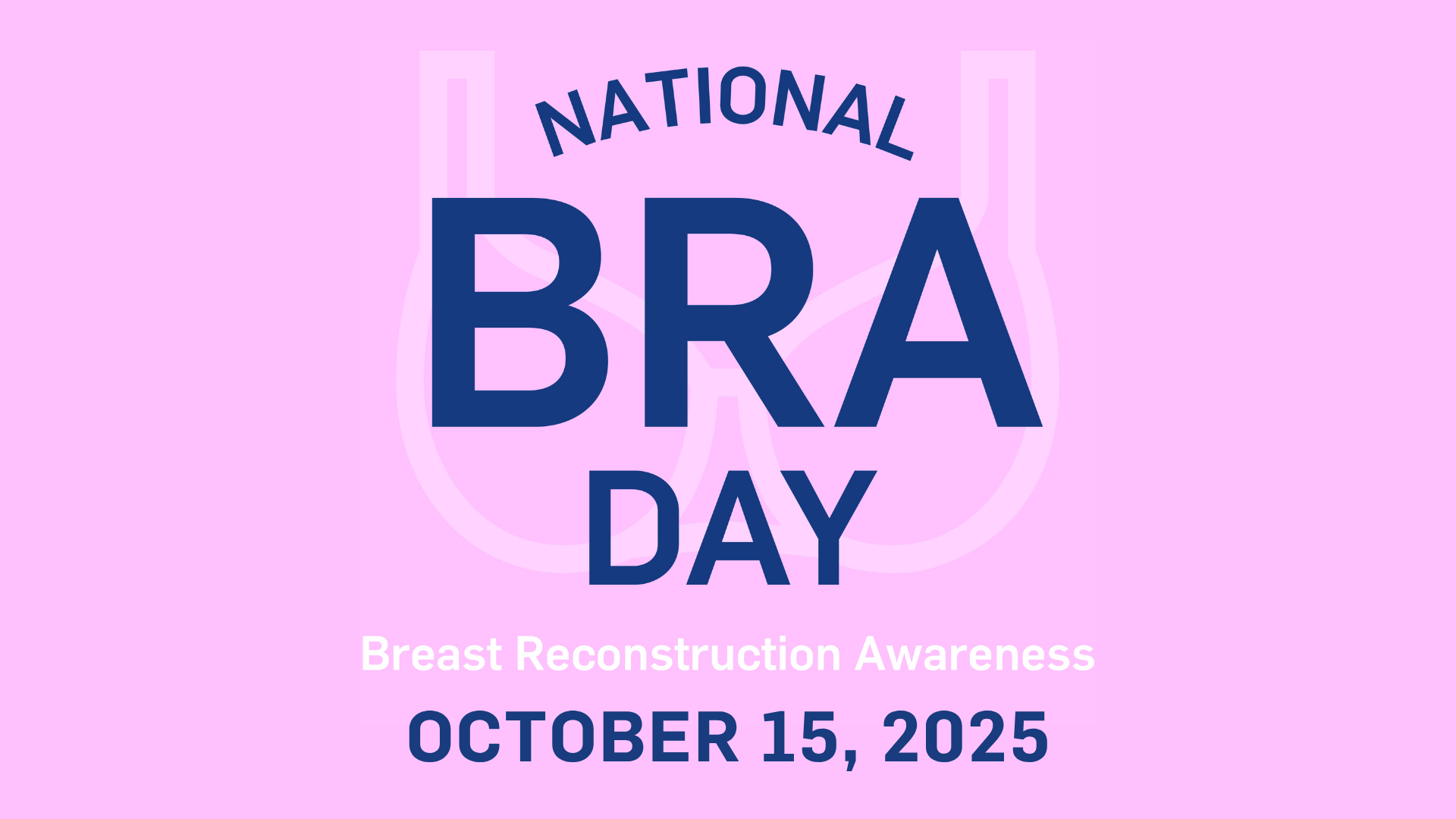With no established age limit for organ, eye, and tissue donors, just about anyone has the opportunity to leave a legacy behind for someone who needs a life-saving gift. A common misconception is that you may be too old to be an organ donor, when in reality, 30 percent of deceased organ donors since 1988 have been over the age 50.
At age 95 , Cecil Lockhart recently became the oldest recorded organ donor in United States history by donating his liver. Lockhart’s family says he was inspired to become an organ donor after his son healed and saved lives through organ and tissue donation.
Don’t let a preconceived notion about age and organ donation prevent you from registering. To explain the organ and tissue donation process and encourage more Americans to become donors, we’ve compiled a list of the most frequently asked questions about age and organ donation.
Q: Is there an age limit to register as an organ donor?
A: No, there is no age limit for registering to become an organ, eye, and tissue donor. Lockhart is proof that no matter how old you are, you can still potentially give the gift of life through organ donation. The health of your organs and tissues is more important than your age. A series of tests by medical professionals determine a person’s eligibility to be an organ donor.
Q: Who can become an organ donor?
A: Just about anyone, at any age, can become an organ donor. When you register as a donor, you have granted legal authority for your organs and tissues to be recovered and used in transplant, when viable. At the time of your death, your next of kin can help advocate for your wishes and facilitate the process. If you are not registered to donate your organs, a member of an organ procurement organization (OPO) must obtain consent from your family before they can proceed with organ donation. This is why it’s so critical to tell your family you’re a registered organ donor. It makes the choice clear and your family cannot override your decision to donate your organs.
Q: Do age-related health conditions prevent me from being an organ donor?
A: Most health conditions do not prevent donation, and people in their 50s, 60s, 70s and beyond have been both successful organ donors and transplant recipients. Anyone, regardless of age, can be an organ donor as long as they are healthy enough to donate and don’t have cardiovascular disease, cancer or other major conditions. Additionally, even with those conditions, it can still be possible to pass on the gift of life through tissue and cornea donation.
For example, a question that comes up frequently is whether a person who has had cancer can still donate. Generally speaking, a person who has active cancer that has not been cured or someone who suffered from cancers of the blood are not eligible to donate. However, patients with a history of many other types of cancers that received successful treatment are considered eligible for organ donation provided the organs did not sustain any damage from prior cancer treatment. Typically, organ donation requires that patients were cancer-free for several years at the time of death, but lower risk precancerous conditions and squamous or basal cell skin cancers may have a shorter time requirement.
Q: How old do I have to be in order to sign up on the registry?
A: You’re never too young or too old to make a difference. In most states, anyone younger than the age of 18 can register to be a donor, but it’s not considered legal consent until they”re 18. Those under 18 need to have the consent of a parent or guardian to become organ and tissue donors. That’s why it’s especially important for minors to discuss their wishes with their families so their loved ones can fulfill their wishes if that scenario were to arise.
Q: Can children be designated as an organ donor?
A: In the event that a child passes, infants and children may also become organ donors with the permission of their parents or guardians. In fact, more than 25 percent of the children waiting for an organ transplant are under the age of five. Pediatric transplants differ slightly from other organ donations because organ size is critical to a successful transplant, and children often respond better to child-sized organs. Because of that fact, young donors are often saving the lives of other children.
Why people of all ages should consider organ donation
People of all ages and medical histories should consider themselves eligible donors, so don’t rule yourself out from potentially saving and healing lives as your legacy. Medical breakthroughs are common in the transplantation field, which means the number – and age – of people who are eligible to donate continues to grow. By registering as an organ or tissue donor, you can bring hope to patients and families who are holding out for a miracle.



